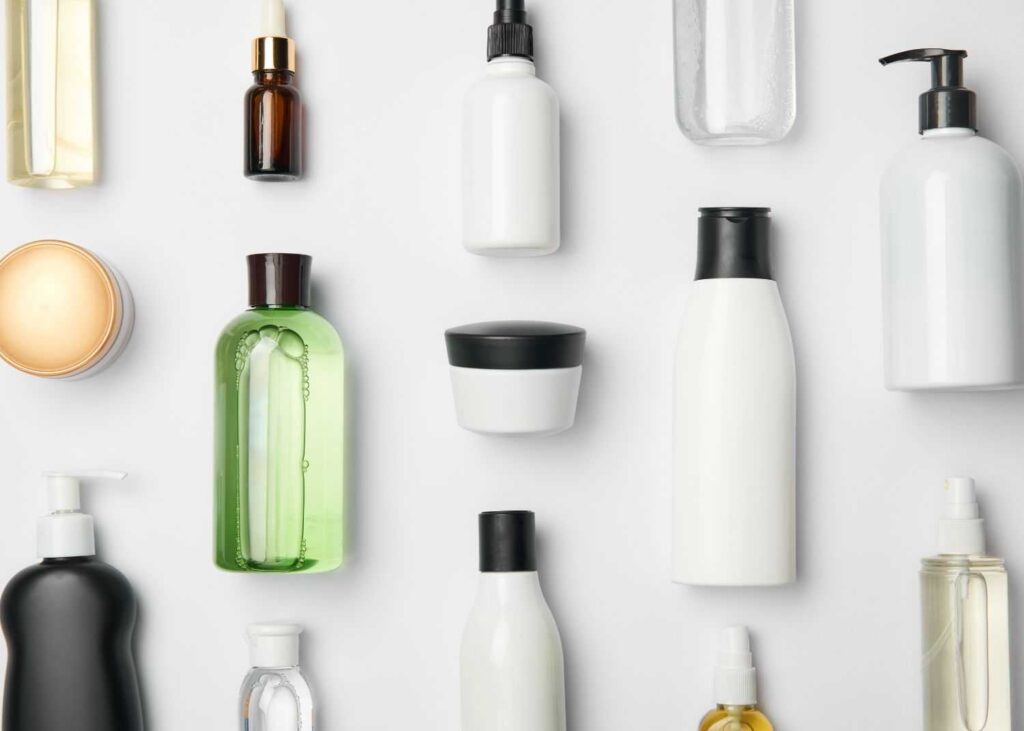
The origins of hair conditioners are very far from what they are now. Through different ages, the civilizations created their conditions and procedures for hair care. From traditional natural remedies to modern formulation advancements, the hair conditioning evolution has been no doubt a very interesting journey. This paper will dive into the age-old history of the development of hair conditioners covering the time of ancient methods right up to the current state of the art in the hair care industry.
Ancient Hair Conditioning Practices
As far as ancient civilizations were concerned, conditioning and caring for hair was governed by unique laws. In ancient Egypt, they used oils such as castor oil and olive oil to do moisturize and nourish the hair. These oils were generally mixed with herbs and essential oils in order to develop fragrant and rich hair conditioners. In India, Ayurveda is one of the components in haircare regimens and is used because of the natural properties of ingredients like amla, henna, and coconut oil.
Early Commercial Hair Conditioners
The era of commercial conditioners for hair care began in the twentieth century early. On the other hand, these initial versions were very basic and sometimes consisted of ingredients like lanolin, beeswax, and herbal extracts. While these products were a sort of progress in hair care, nevertheless still they were very far from the high-tech conditioners that we are aware of.
Rise of the Modern Hair Care Industry
During the middle of the 20th century, a rise in the demand for haircare products was observed. Specialized hair care products including conditioners invented in recent scientific and technological progress. These products were made to address specific hair types as well as problems with the goal to give treatment to those people who are looking to have healthy and easy-to-manage hair.
Introduction of Rinse-Out Conditioners
The 1960s brought about the introduction of the first-ever rinse-out conditioning product. Regarding hair care, prior to this invention, the routines often involved putting products in the hair for long periods. With the introduction of rinse-out conditioners, consumers were enabled to simply rub them into their hair and wash them off. These products were potent in freezing the dirt and oil and soon the demand for these products grew.
Development of Leave-In Conditioners
It was in the decade of 1970’s and 1980s, that leave-in conditioners hit the market, temporarily. These tools added a new aspect of convenience and deep conditioning to hair care. The invention of the leave-in conditioners was made to remain in the hair once the rinsing process was done, yet they kept the hair moisturized and protected all day.
Evolution of Ingredient Technology
It was the late 20th century, which was marked by major leaps in the science of ingredients. Thus, silicone-based chemicals entered the world of conditioner formulations. They work on the level of conditioning, such that hair is less cruel, frizzy, and more tractable. It was silicone-based conditioners that made a big name for themselves in the haircare industry due to their effectiveness in combating frizz and hair loss.
Expansion into Specialized Conditioners
The hair care industry has significantly been changing and part of the growth has been conditioners with a diverse formulation. Volumizing conditioner for hair care offered an effective solution to limp hair by adding body and lift to it; meanwhile smoothing conditioners were the answer to unmanageable and frizzy hair.
Incorporation of Natural Ingredients
In the past fashion has been in chemical-oriented ingredients, but today, particularly the past few years, there is an increasing call for natural and organic ingredients in the formulations of these products. The areas of botanical extracts, essential oils, and plant-based proteins gain much recognition from consumers for their useful complex of bacteria and nutrients.
Focus on Sustainability and Ethical Practices
The hair industry, just like the beauty industry, has recently evolved to increase sustainability and address ethical issues. Conditioner for hair care Brands begin to concern themselves with the environment and come up with campaigns that minimize the environmental impact. From a recyclable product to fair trade practices, companies try to utilize environment-friendly practices with a vision to create a more sustainable future for this emergent haircare industry.

